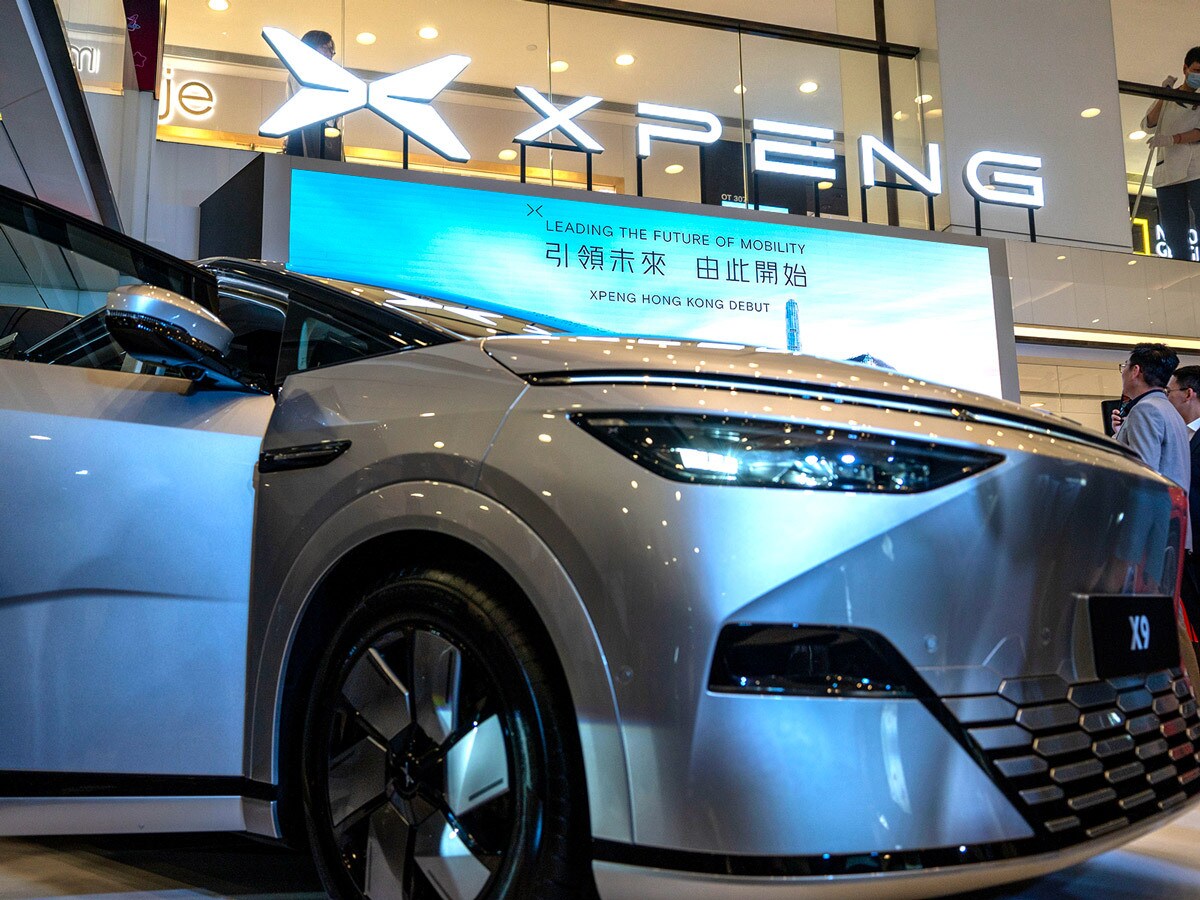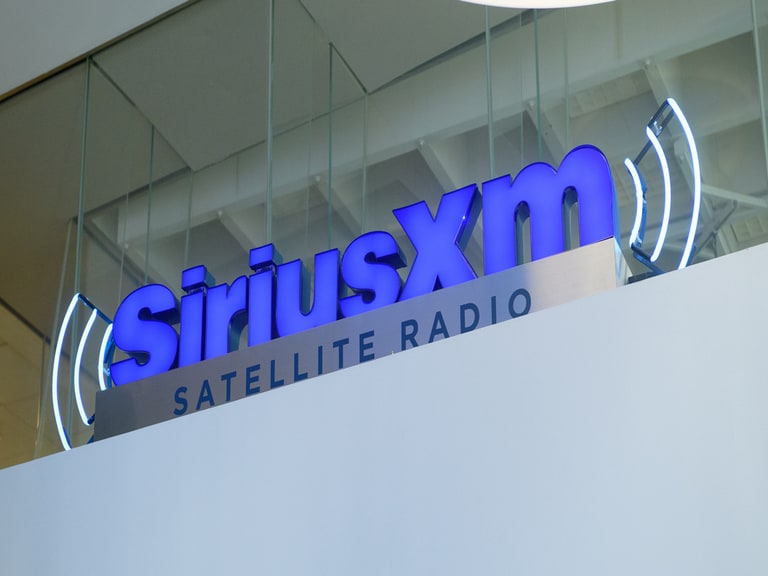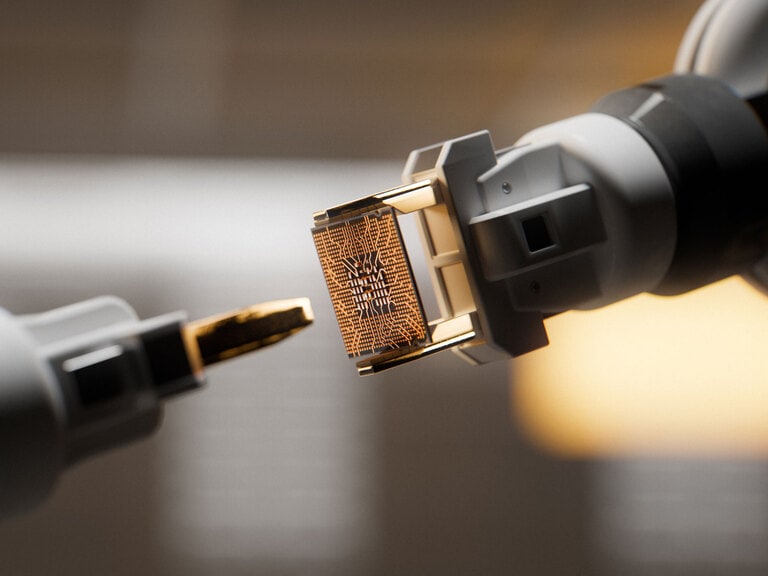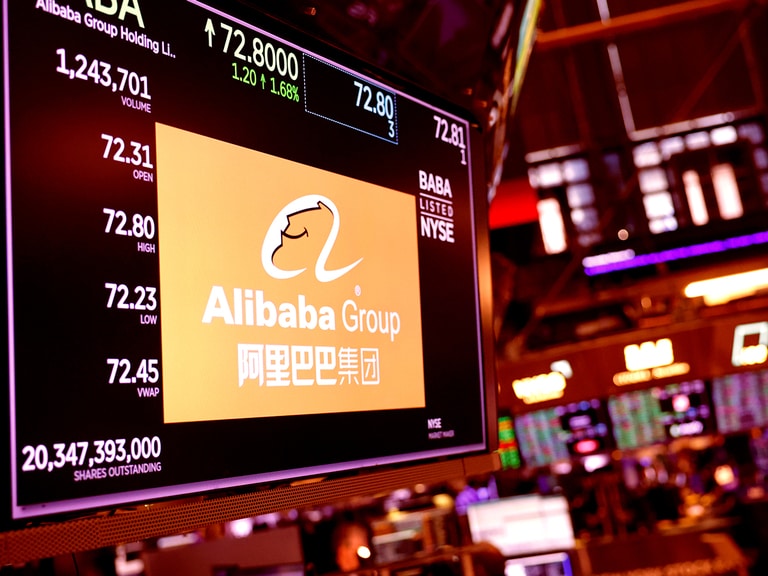The XPeng share price has reversed in 2024 amid slowing EV momentum in China, which has seen the automaker’s sales growth lag behind those of its competitors. A focus on AI and the development of a full self-driving system could be long-term catalysts for XPEV stock.
XPeng [XPEV] is one of the biggest names in China’s electric vehicle (EV) market, alongside Li Auto [LI] and Nio [NIO].
Founded in 2014 in Guangzhou, XPeng has offices across China, Silicon Valley and a number of European cities, including Amsterdam and Munich. Beyond producing and selling EVs, the company is investing in advancing autonomous driving and flying cars.
This stock spotlight will discuss how XPeng’s full self-driving system (FSD) system could pose a challenge to Tesla [TSLA]. It will also highlight how China’s EV price war has been impacting profits and why the company’s reliance on income from its tech services segment could dampen growth prospects.
XPeng Restructures With Focus On AI
According to Chinese local media, XPeng has recently restructured its business “with the aim of accelerating artificial intelligence (AI) capability evolution and organizational AI transformation”. XPeng’s technology development department has been split into three areas: AI end-to-end, AI application and AI efficiency, reported China’s Daily Economic News.
Both Li Auto and Nio have also implemented significant changes to their structures in recent months. Li has reportedly merged its sales and delivery teams, while Nio has overhauled its global business team to put more focus on the Middle East.
In early August, XPeng’s aviation arm, XPeng AeroHT, raised $150m in a Series B1 funding round to advance the development of aerial vehicles. The funds will go towards the development, mass production and commercialization of the subsidiary’s flying car concept.
The XPeng share price has tumbled 50.6% since the start of 2024 through August 16, while Li Auto and Nio have seen their share prices fall 40.6% and 53.1% respectively in the same time period.
Chinese EV stocks have been under pressure this year due to economic concerns that have sparked an EV industry slowdown in China.
Ready to invest in XPeng? Download the OPTO app today.
XPeng’s Delivery Numbers Lag Li Auto and Nio’s
XPEV stock’s underwhelming performance in 2024 could partly be in response to the automaker’s weak delivery numbers.
XPeng delivered 11,145 vehicles in July, the fifth consecutive month of year-over-year growth — albeit up only 4% from June and 1% from July 2023. Total deliveries for the calendar year were 63,173, up 20% year-over-year.
In comparison, Li Auto delivered a monthly record 51,000 vehicles in July, up 49.4% year-over-year, while total deliveries for the first seven months of 2024 were 239,981, up 38.5%. Nio delivered 20,498 vehicles in July, bringing the total number of deliveries for the calendar year to 107,924, up 43.9%.
In a bid to boost its sales growth, XPeng is launching the new Mona range of EV models. The first of the lineup, M03, which has a starting price of no more than RMB135,900, will start shipping at the end of August.
| XPEV Stock | LI Stock | NIO Stock | |
| Market Cap | $6.46bn | $20.85bn | $8.15bn |
| P/S Ratio | 1.331 | 1.192 | 0.92 |
| Estimated Sales Growth (Current Fiscal Year) | 49.90.4% | 17.88.2% | 24.37% |
| Estimated Sales Growth (Next Fiscal year) | 58.8% | 34.5% | 38.7% |
Source: Yahoo Finance
Despite having lagged behind Li Auto and Nio this year, XPeng is expected to report significantly better revenue growth over the next year or two. A lot will depend on the success of its new Mona range.
XPEV Stock: The Investment Case
The Bull Case for XPeng
Beyond EV sales, XPeng is putting itself at the front of the FSD race. The latest version of its software was rolled out to users in cities across mainland China earlier month. This could give it a march on Tesla, which is set to launch its FSD software in the country next year.
“The year 2024 is marking a watershed for the development of autonomous driving,” XPeng CEO and Co-Founder He Xiaopeng, told reporters. It is the company’s mission “to make our technologies accessible to people around the country,” he added.
The automaker plans to invest RMB3.5bn in AI research and development for intelligent driving. Licensing its driving and EV technologies could potentially be huge revenue streams in the future, XPeng President Brian Gu told South China Morning Post back in May.
The Bear Case for XPeng
XPeng is expected to report another net loss when its Q2 earnings are released on Tuesday. Profits in recent quarters have been impacted by the costly price war that has forced Chinese automakers to slash their prices in order to remain competitive.
XPeng is looking to lure more customers with the launch of several models over the next three years that will be priced between RMB100,000 and RMB400,000. It is also hoping to enter a “fast-track growth phase” in October, which will see it achieve “significant breakthroughs” in profitability, sales and cash flow.
However, with its delivery numbers lagging behind its peers, XPeng has become reliant on its tech services, primarily its partnership with Volkswagen, to drive income. A slowdown in revenue in this segment could potentially lead to XPEV stock decelerating further.
Conclusion
While the EV price war in China rages on, competition will intensify as automakers look to lure customers by launching more budget models. This could put even more pressure on XPeng’s future delivery numbers and near-term profitability.
Intelligent driving technologies and its FSD may help to set XPeng apart from its peers, but there is risk associated with over-relying on income from its tech services segment.
Continue reading for FREE
- Includes free newsletter updates, unsubscribe anytime. Privacy policy





